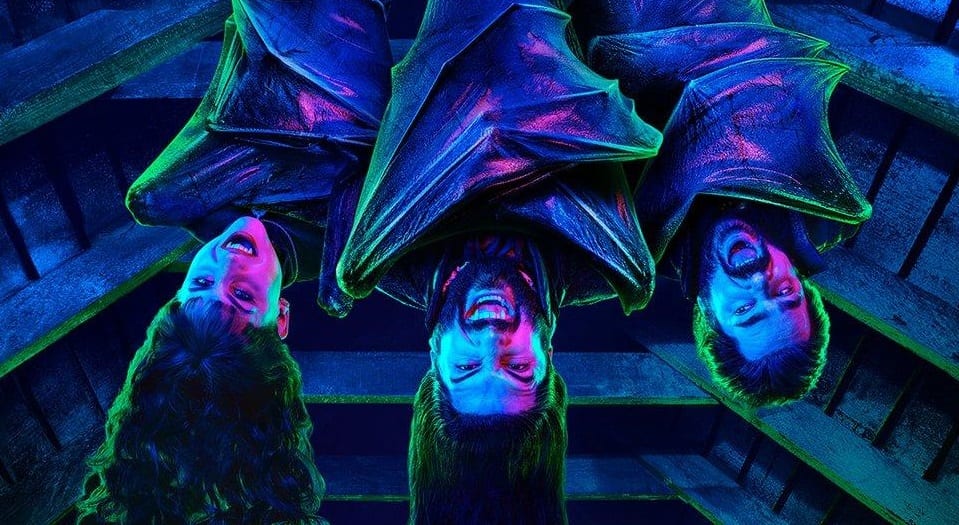Hayden Mears chats with What We Do In The Shadows cinematographer DJ Stipsen…
Cinematographers are the unsung heroes of the moviemaking process. The masses appreciate what the movie is on a visual level without truly understanding the skill and care that goes into every shot.
Flickering Myth recently spoke with What We Do In The Shadows cinematographer DJ Stipsen, who has just been nominated for an Emmy for his work on the television series of the same name. We gained an even greater appreciation for the creativity and vision that these people have to possess to make their movies or shows work.
Tell me a little bit about your journey as a cinematographer, how you got into the industry, etc.
My dad was in the industry here in New Zealand so I grew up on film sets. I kind of had an interest but not much. But I ended up getting a diploma in broadcast, and through that got an internship at the national television station. Through that, I got into making documentaries and stuff like that. And that’s what started me on the road, really.
What was it like working on such a high-profile show? The movie is one of my favorite movies. In your head, how did you approach the series in a way that did right by the movie?
The movie was probably the most difficult one I’ve ever shot in the sense that we couldn’t treat it like normal drama. You had to really believe that you were watching a documentary. We had to employ tricks. You had to pretend that the camera was surprised by what the actors were doing. So you had to react rather than create. And that’s really tricky because in drama, you know what’s gonna happen. The film was a great learning curve and I brought what I learned to the series. But we didn’t want to change the ‘react rather than create’ approach. The only two people who had the script were Taika and Jemaine. No one else was allowed to see the script, which was really just an outline of what might happen.
So this kind of loose improvisation lends itself to a more organic feel for the show. Is that what you’re getting at?
Exactly. But when Taika did tweak a sentence or a word, it made the scene so much funnier. So the script with the improv on top was huge. And the actors loved it. They got to react to each other a lot more.
Did the actors ever surprise you because you didn’t know what they were going to say? You probably had a loose idea of where they were going because of what they were saying, but what kinds of surprises were thrown your way? In other words, how did you have to adapt mid-scene?
We had to be observational. That’s what makes it so difficult as a cinematographer. I was expected to light the scene with maybe twelve actors in it, as well as go from wide group shots into close-ups. The cameras are also trying to find the actors and the actors are deliberately trying to avoid each other and the cameras.
So when the actor left the room, you didn’t follow him with the camera because it would be funnier if he wasn’t in the shot?
We didn’t quite know what was happening at first. So he disappeared, stormed out, and then walked back into the room. And then we realized what was happening.
So when you got past or started understanding your restrictions, was there more room for you to play?
Jemaine and Taika are incredibly collaborative so as long as we stuck with in the style, then we did have a lot of creative freedom. If I wanted it to be more Gothic, then it could be more Gothic as long as we stuck to the show’s style.
Many thanks to DJ Stipsen for taking the time for this interview.
Hayden Mears













